Basics of Budgeting
-
What is a Budget?
-
Why is Budgeting Important?
-
Components of a Business Budget
-
A simple Budget Example
Basics of Budgeting
Budgeting is one of the most important tools in accounting and business management. Whether you're running a large company or just starting a small shop, a budget helps you plan, control, and make smarter financial decisions. In this lesson, we’ll explore the basics of budgeting in simple terms—so even if you’ve never created one before, you’ll know where to start and how to use it.
“A budget is a financial roadmap that guides your income and expenses toward your business goals.”
Let’s break it down step by step.
“A budget is a financial roadmap that guides your income and expenses toward your business goals.”
Let’s break it down step by step.
1. What is a Budget?
A budget is a plan that outlines how much money you expect to earn (income) and how much you expect to spend (expenses) over a specific period—usually monthly, quarterly, or annually. It’s like a forecast for your finances, helping you set limits and track where your money is going.
Budgeting is not just about cutting costs—it’s about making sure your resources are being used wisely.
2. Why is Budgeting Important?
Creating and maintaining a budget helps you stay in control of your business finances in many important ways. It allows you to plan ahead for upcoming costs like rent, salaries, or inventory, and helps you avoid overspending or running out of cash unexpectedly. A budget also gives you the structure to set financial goals, such as saving for expansion or paying off debt. With real numbers in hand, you can make confident decisions instead of relying on guesswork. Plus, it allows you to measure performance by comparing actual results with your projected plans. Without a budget, managing your business is like driving without a steering wheel—you simply won’t know if you’re headed in the right direction.
3. Main Components of a Business Budget
A basic business budget includes several key components that work together to give you a clear financial picture. It starts with a revenue forecast, which estimates how much money you expect to earn during a specific period. Then come your fixed expenses, such as rent, salaries, and insurance—costs that remain constant regardless of business activity. Next are variable expenses, like inventory or utility bills, which fluctuate based on how much you sell or produce. Finally, you calculate your profit estimate, which is what remains after subtracting all expenses from your revenue. This structure helps you understand whether your business is likely to make a profit, break even, or face a loss—and gives you time to make adjustments before it’s too late.
4. A Simple Budget Example
Let’s say you run a small coffee shop. A simple one-month budget might include an estimated revenue of $10,000, with fixed expenses like rent and staff salaries totaling $3,000, and variable expenses such as coffee beans, cups, and electricity adding up to $4,000. That would leave you with a projected profit of $3,000. Now, if your actual sales end up being lower than expected, your budget helps you spot the shortfall early. This gives you time to respond—perhaps by cutting unnecessary costs or launching a promotion to boost sales and get back on track.
Key
Takeaways
✅ A budget is a financial plan that tracks income and expenses
✅ It helps you plan ahead, avoid overspending, and set financial goals
✅ Budgets include revenue, fixed and variable expenses, and projected profit
✅ Comparing your actual results with your budget shows how your business is performing
✅ Budgeting is a must-have skill for anyone managing money—big or small
✅ It helps you plan ahead, avoid overspending, and set financial goals
✅ Budgets include revenue, fixed and variable expenses, and projected profit
✅ Comparing your actual results with your budget shows how your business is performing
✅ Budgeting is a must-have skill for anyone managing money—big or small
Write your awesome label here.
Access all Accounting and Bookkeeping Courses from One Portal.
Mastering Bookkeeping and Accounting
MBA simplifies accounting, ledger management, account balancing and financial statement preparation.
QuickBooks Online For Bookkeepers
From Beginner to Expert: Master QuickBooks Online. Effortlessly Navigate, Analyze Transactions, and Unlock its Full Potential.
Xero Accounting For Bookkeepers
Learn how to use Xero, the leading online accounting software to perform most of the essential bookkeeping tasks.
ChatGpt for Bookkeepers and Accountants
Learn how to use the ChatGPT prompt toolkit to simplify daily accounting tasks for accountants and bookkeepers instantly.
Subscribe to our newsletter
Stay informed with the latest accounting tips, tools, and updates from Accountutor right in your email inbox.
Thank you!
Policy Pages
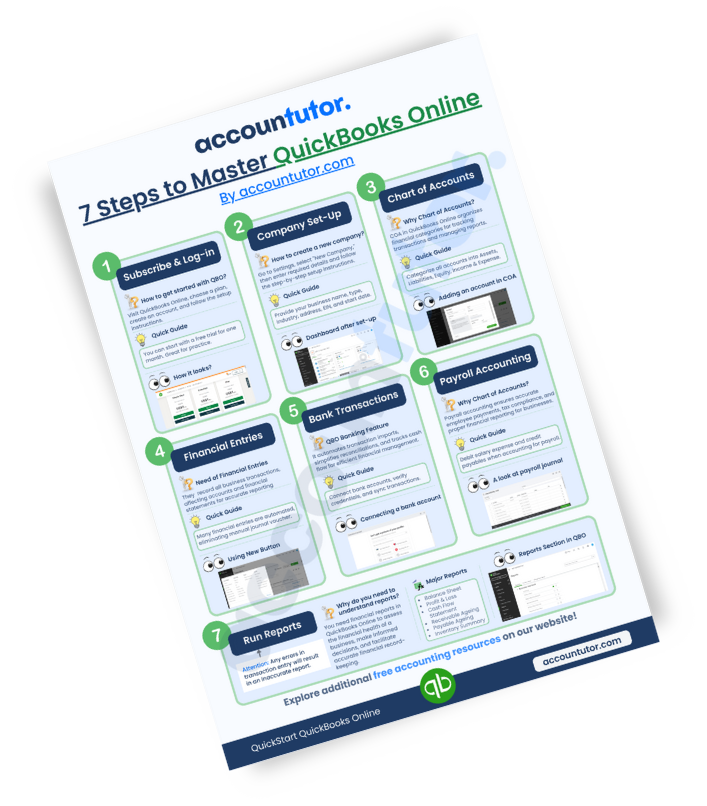
Download QuickBooks Online PDF Guide
Thank you!
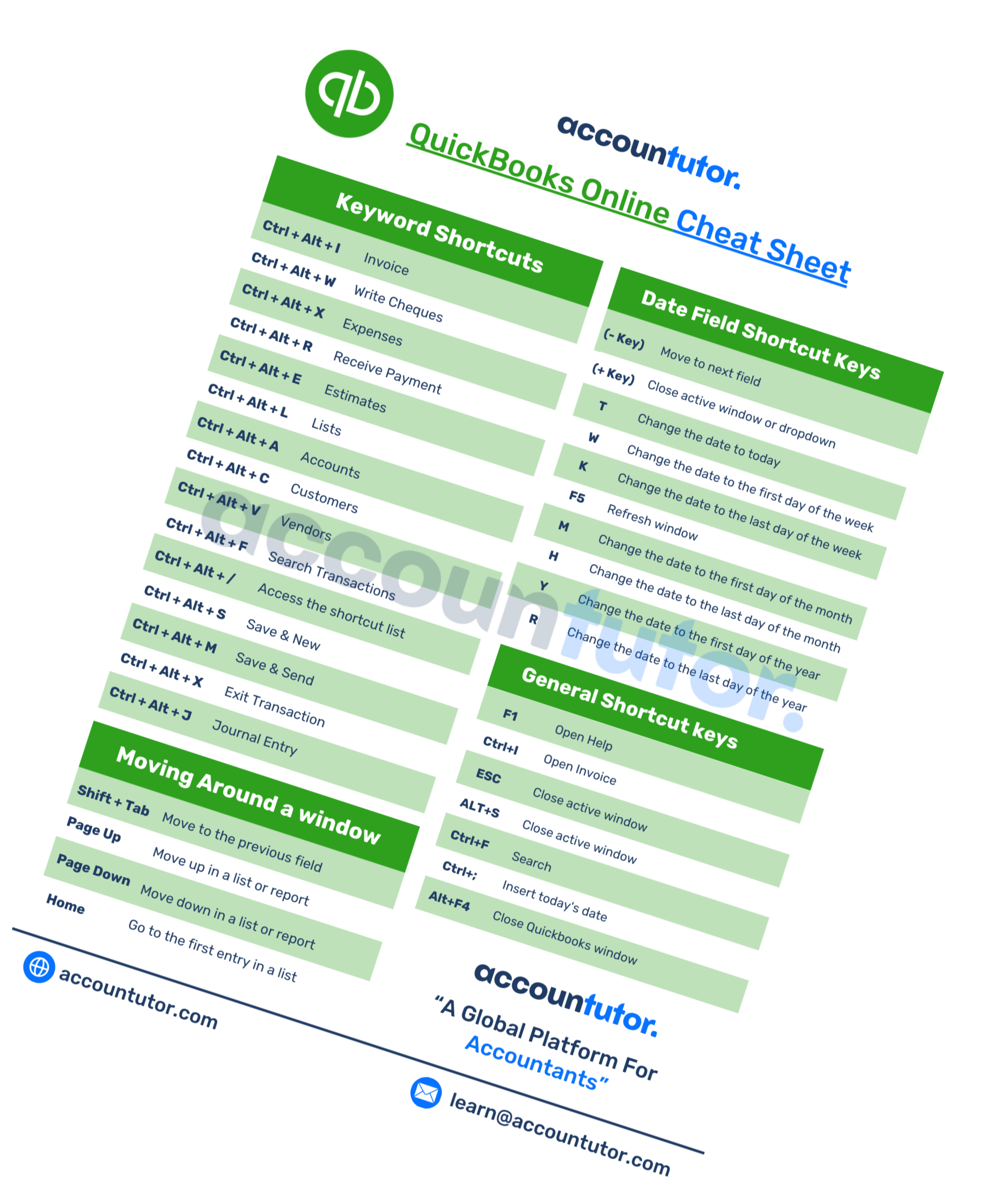
Download QuickBooks Online Cheat Sheet
Thank you!
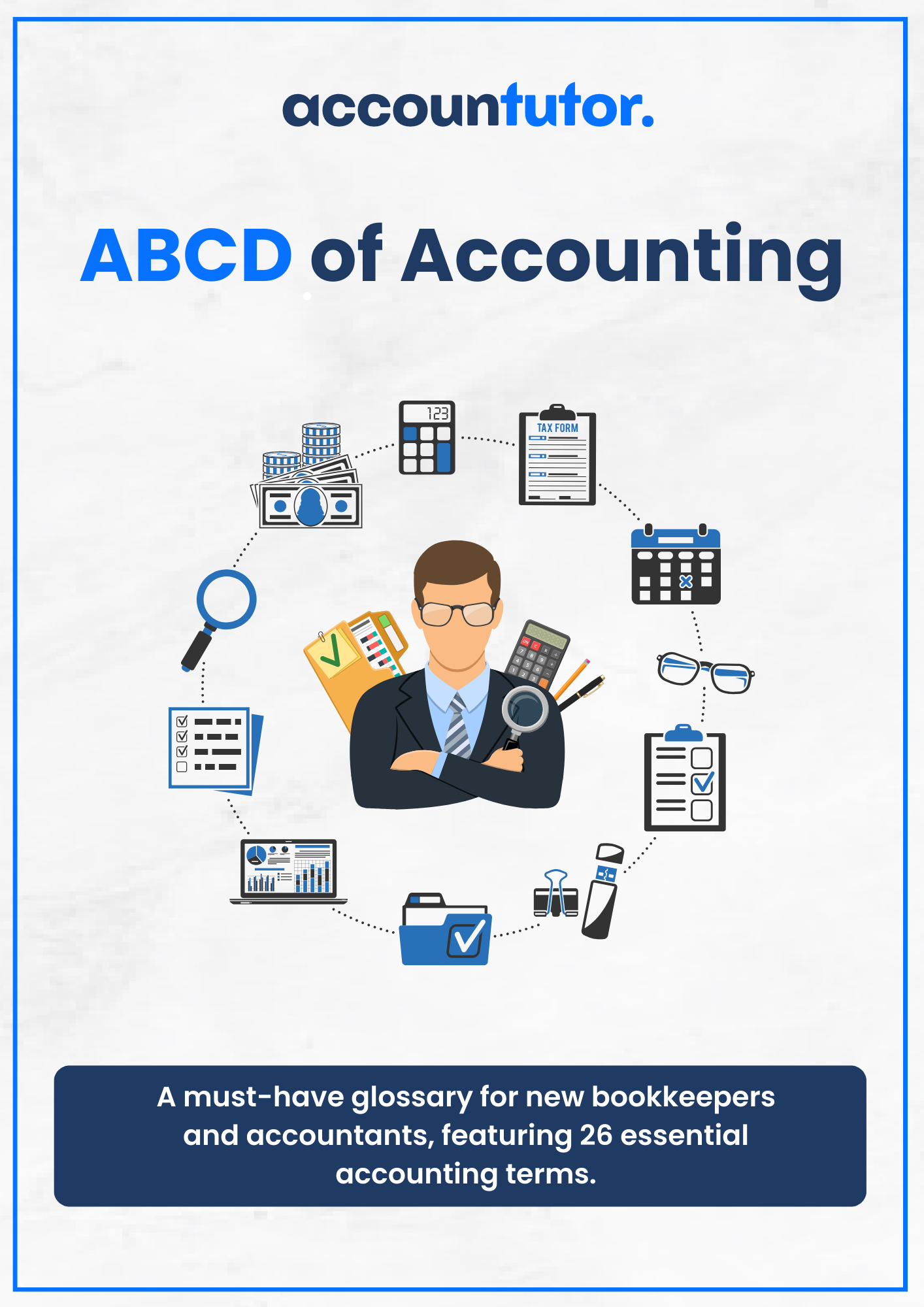
Download ABCD of Accounting
Thank you!
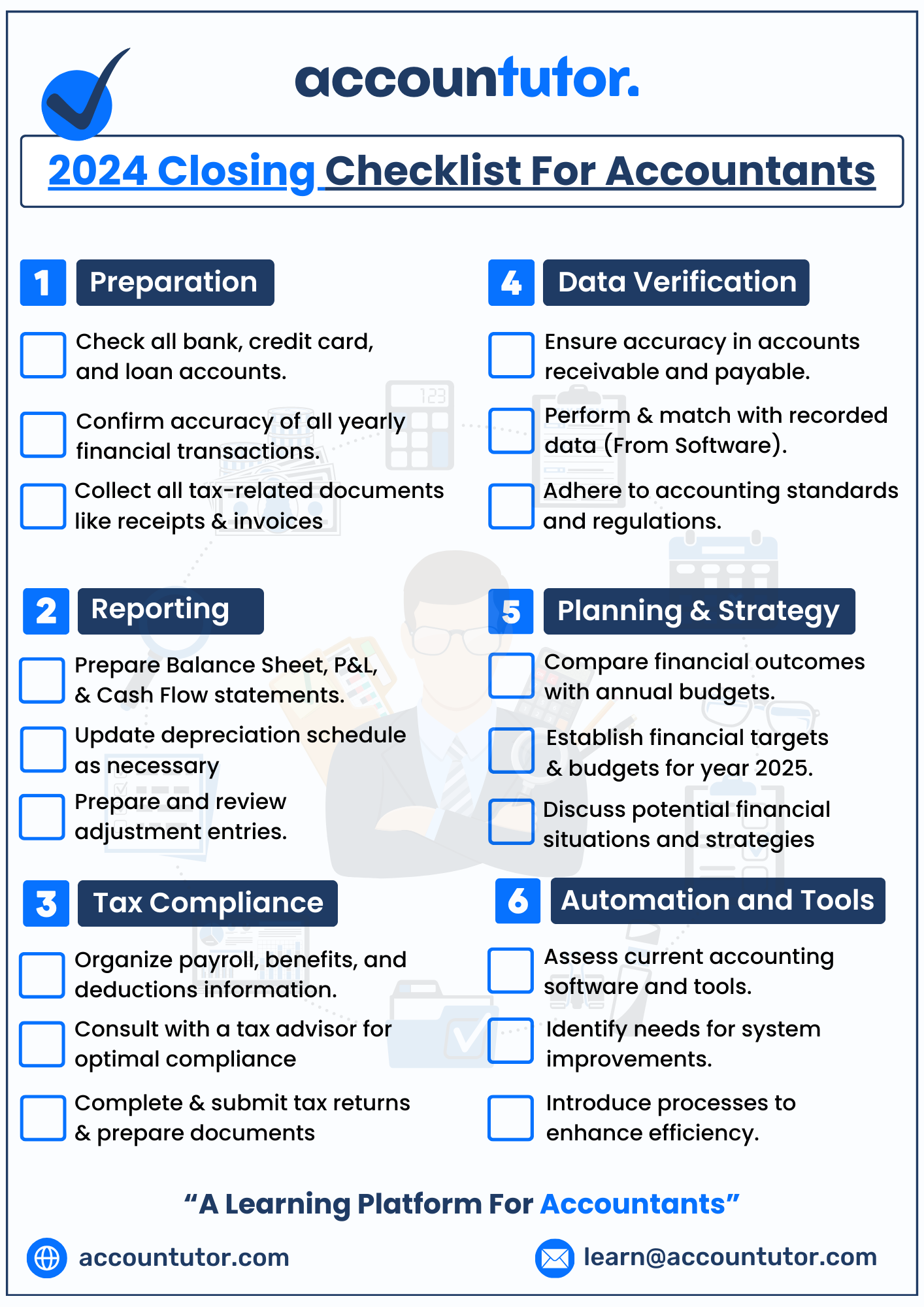
Download Checklist 2024
Thank you!
Register For Free!
Thank you!
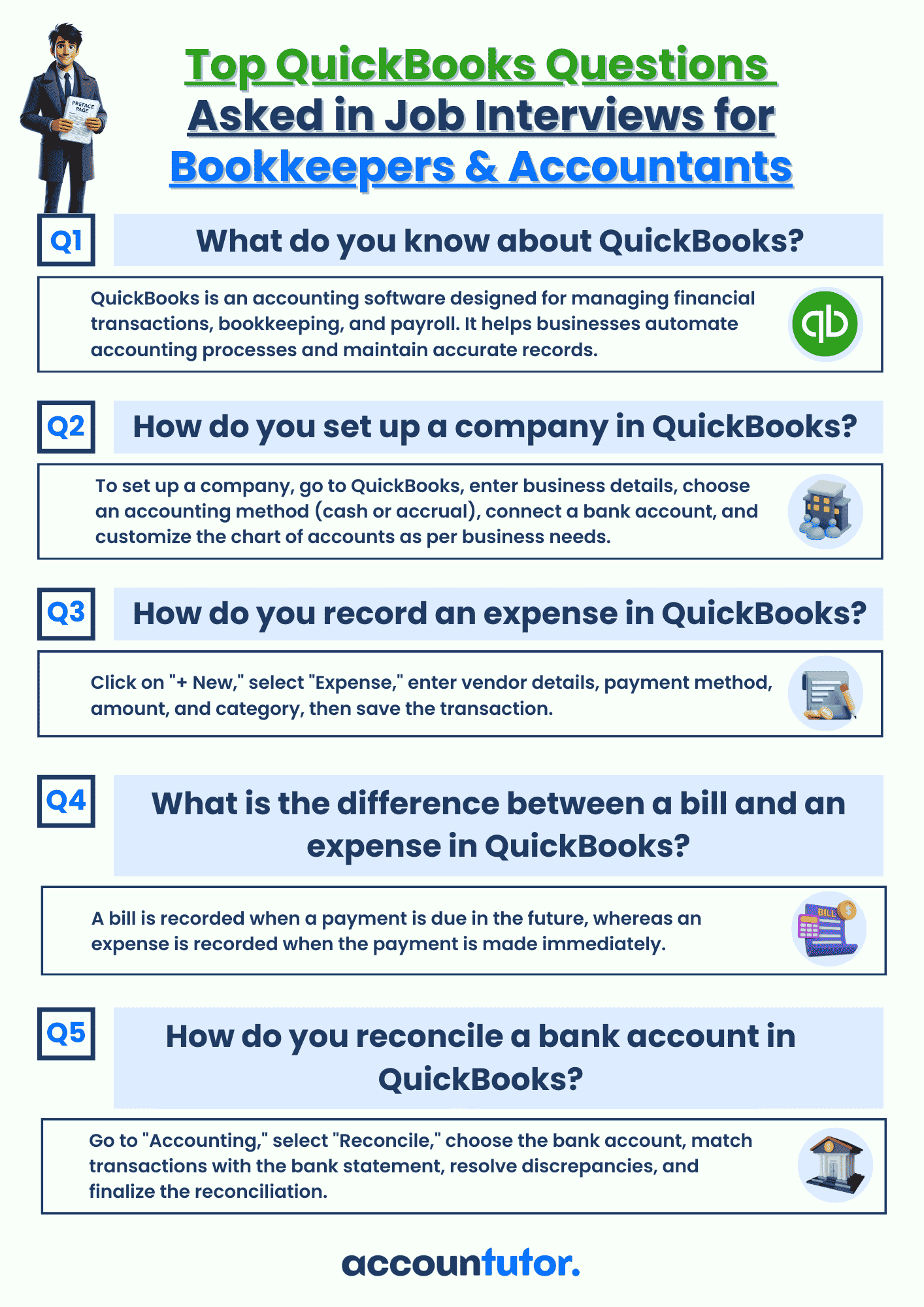
Download Interview Questions
Thank you!

